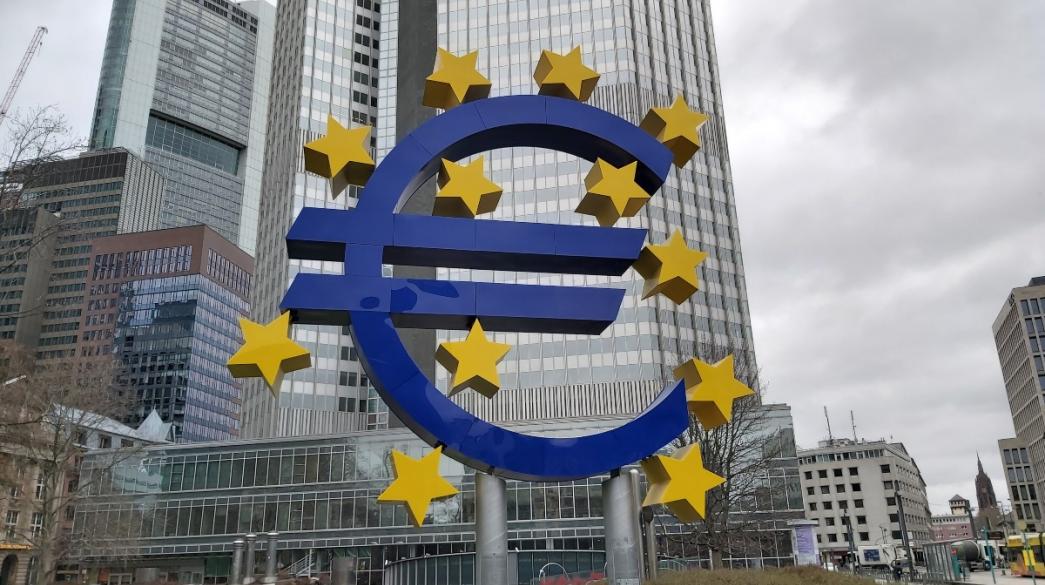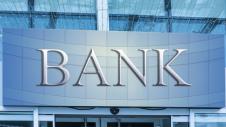Greek and Italian bonds are under pressure, with the risk of borrowing costs moving higher for Europe’s two most indebted economies. Investors are abandoning the two countries' securities, driving yields much higher, as the European Central Bank's confrontation with the money market escalates, leading to higher short-term euro interest rates because it is not convinced of Christine Lagarde's assurances that it will not hike interest rates next year.
The turmoil in European markets is intensifying today and the pressures are affecting short-term interest rates on the yields of the Greek and Italian government bonds, which have the greatest sensitivity to possible increases in the interest rates of the euro due to their huge debts.
Thus, as shown in the table, the yield of the 10-year Greek bond jumped today to 1.26%, at a level more than double the low of 0.53% recorded in August. It is noted that a large increase, by 10 basis points, was seen in the yield of the Italian 10-year bond. At the moment, however, the Ministry of Finance is not concerned about higher borrowing costs, since it has completed the loan program for 2021, but the new conditions being created risk weighing on the lending program in the first quarter of 2022.
The fixed-income market is being hit by the interbank market, where a completely unusual confrontation between market participants and the European Central Bank is taking place. The interbank market does not believe that the rise in inflation in the euro area will pass without affecting the monetary policy of the ECB, challenging the central bank's estimates for temporary inflationary pressures that will ease in 2022.
For about a month now, short-term euro interest rate contracts have been pricing in a forecast of a (negative) ECB deposit rate increase of 0.10% at the end of 2022. Although Christine Lagarde assured yesterday quite strongly that such an increase will not happen, the market considers it a bluff and is raising its bet, with interest rates being shaped today in such a way as to incorporate an increase by the ECB two months earlier. Thus, the market now forecasts an increase in the deposit acceptance rate by 20 basis points in October 2022.
Despite Lagarde's assurances that supply chain problems will gradually be resolved, the market believes that the ECB will not be able to differentiate itself from other major central banks, such as the Fed and the Bank of England, which are taking the threat of inflation more seriously and are accelerating interest rate hikes.
All this, as inflation in the eurozone picks up at a much faster pace than the ECB predicted, something that Christine Lagarde admitted yesterday, although she insisted that the 2% limit will be exceeded only this year, while next year’s inflation will fall lower and will not justify higher rates. Eurozone inflation data is expected to show today that it rose to 3.7% in October, the highest level since 2008.
NONTAS CHALDOUPIS









